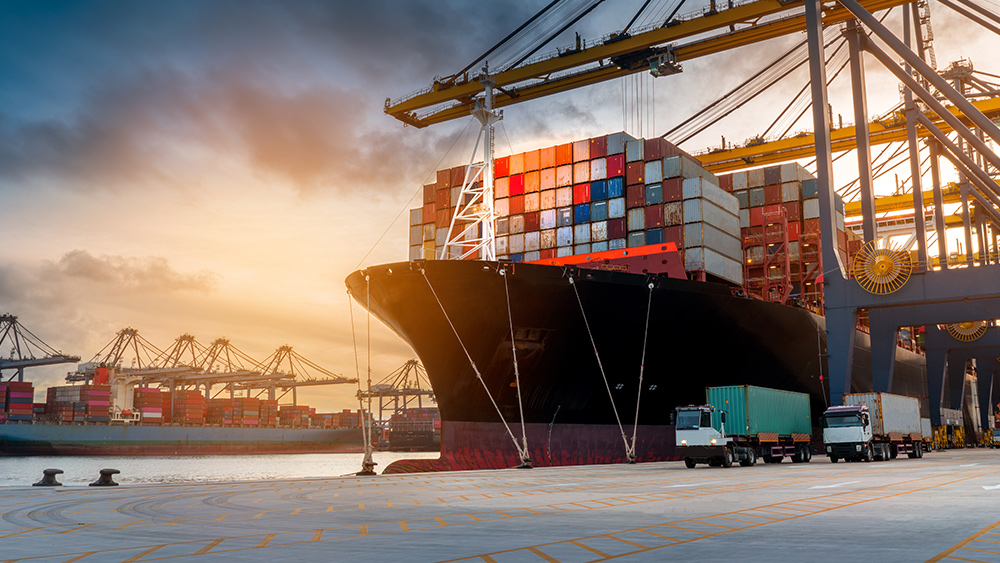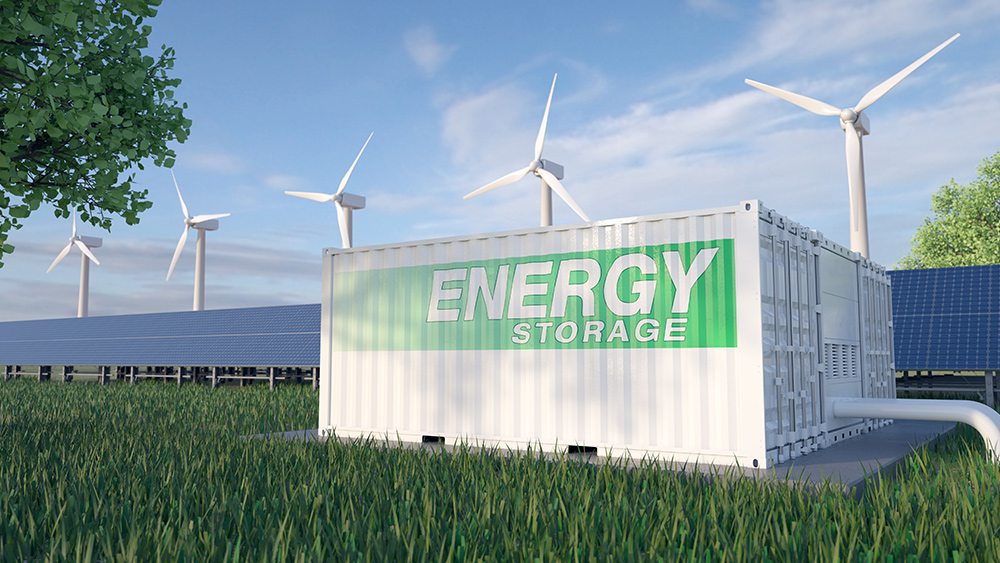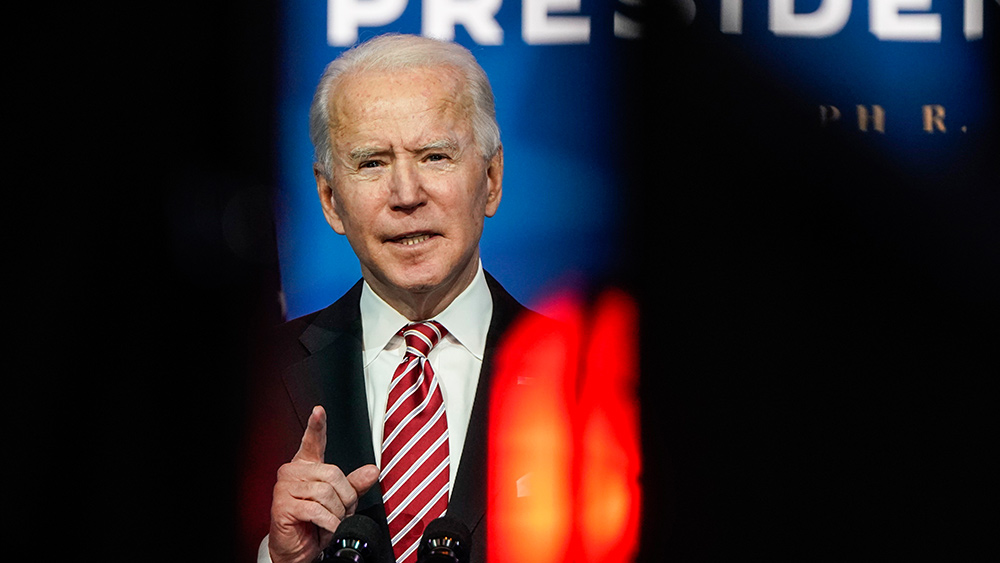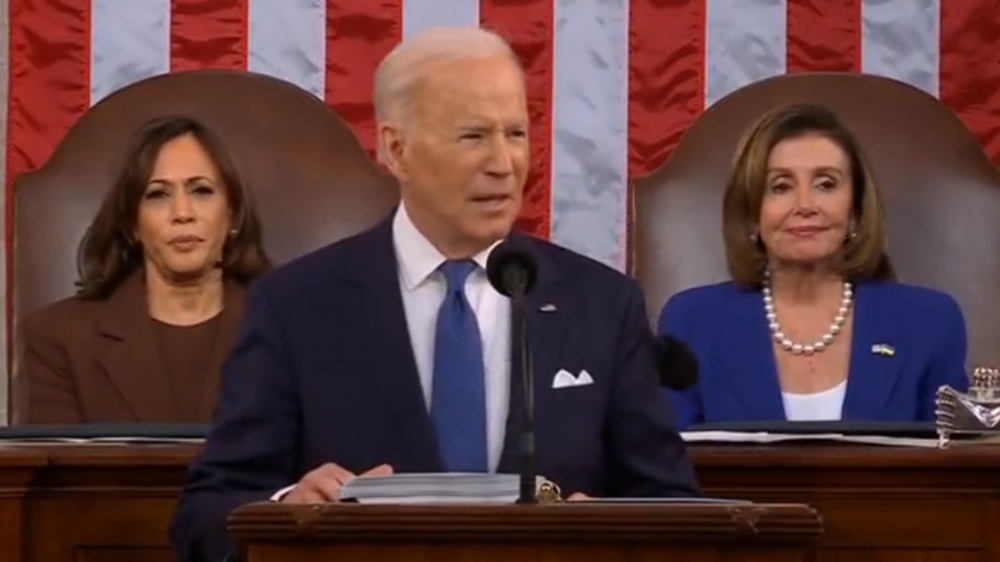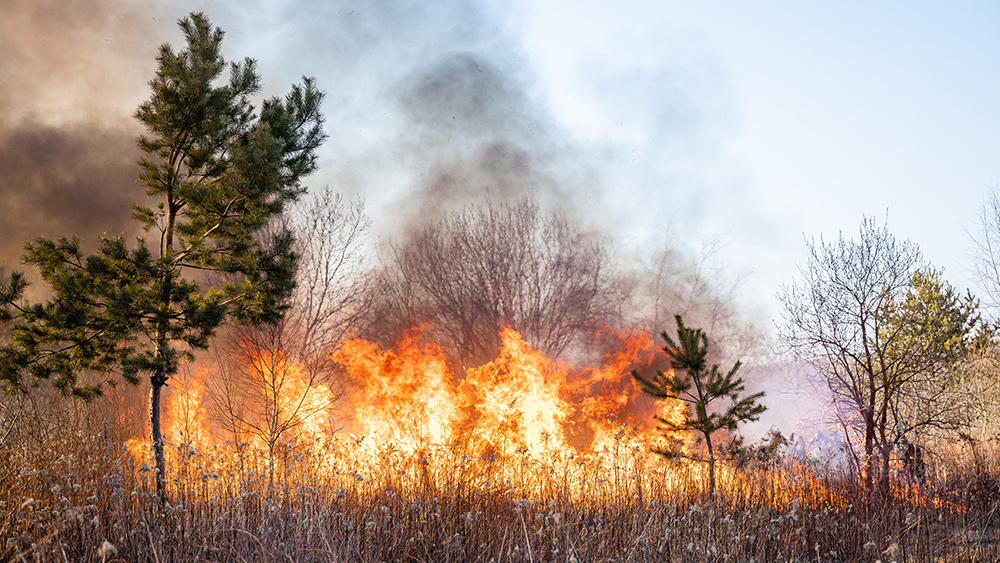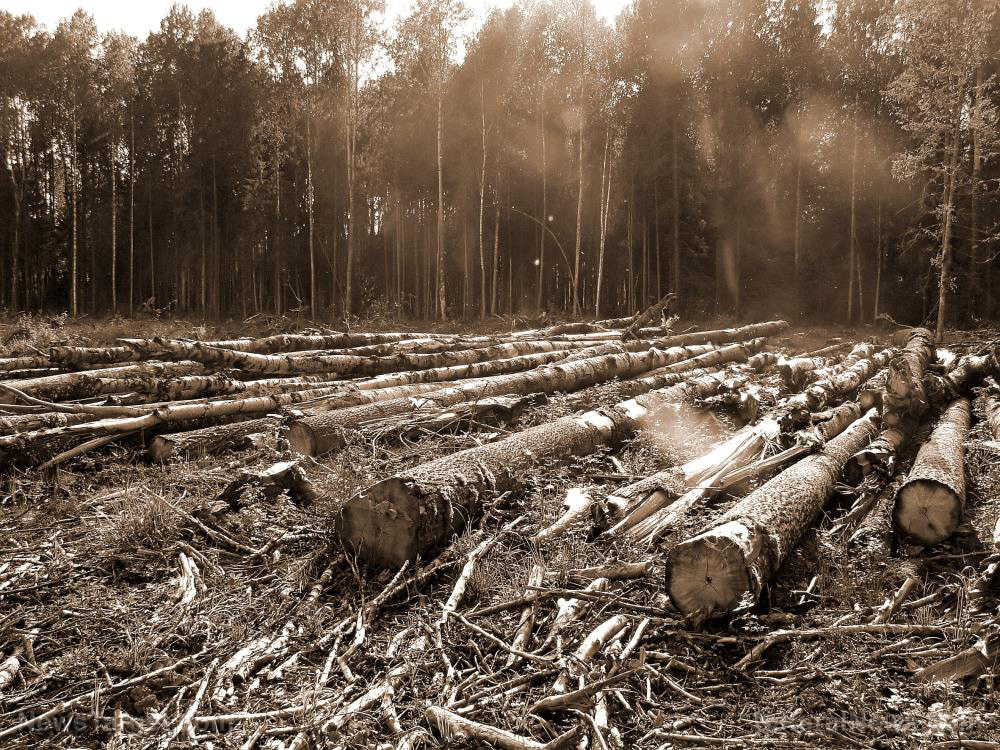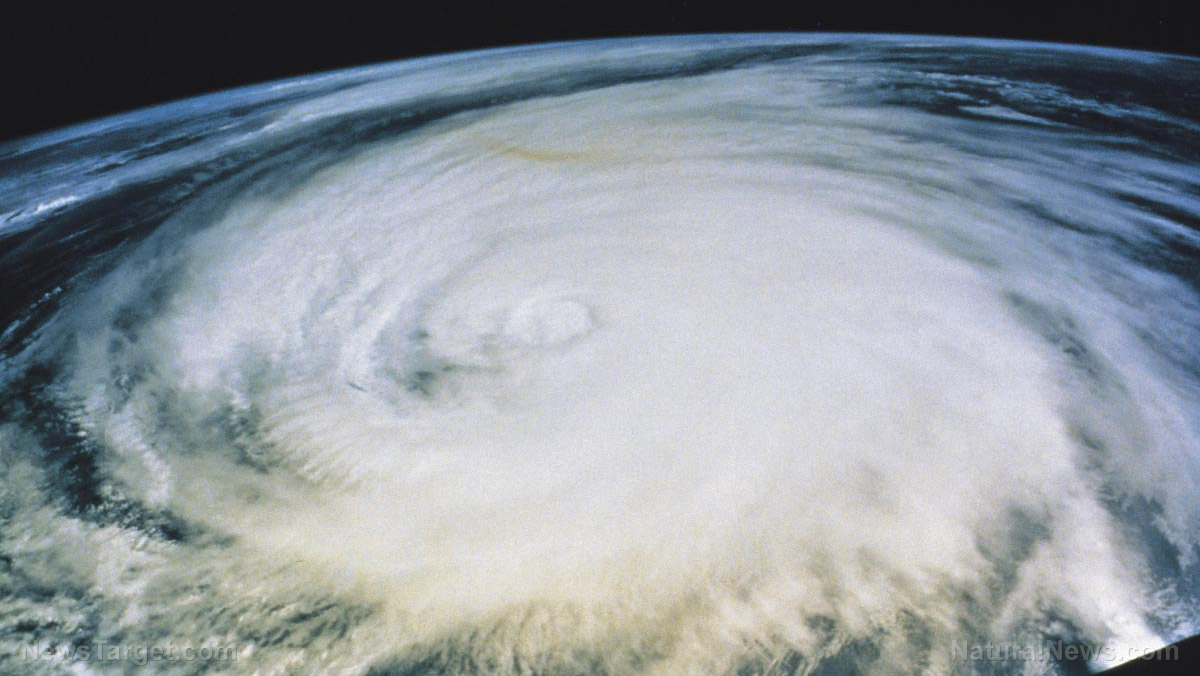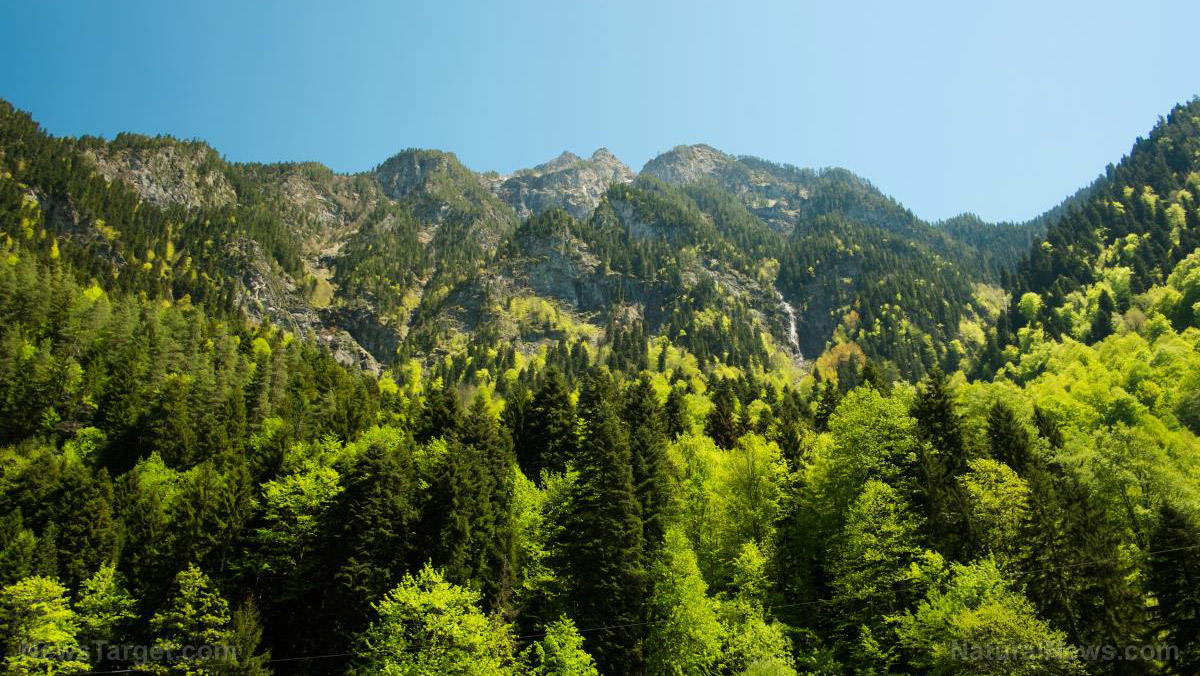GREEN MIRAGE: World’s biggest offshore wind farm developer warns industry is in serious trouble
09/14/2023 / By Cassie B.
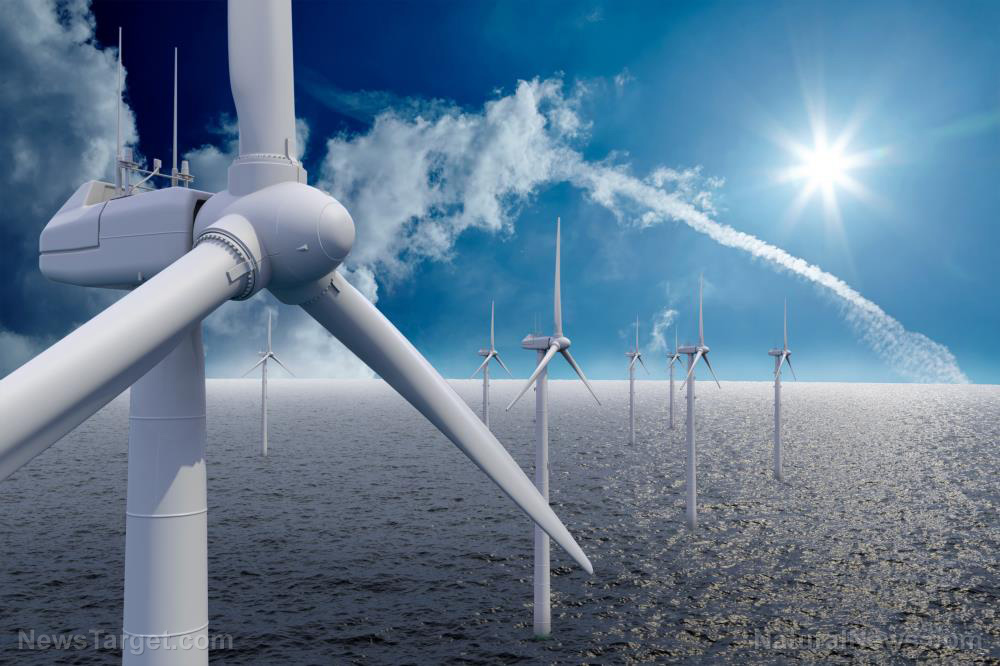
The offshore wind industry is in trouble both at home and abroad as it fails to live up to expectations as a dependable source of “green energy.”
The world’s biggest offshore wind farm developer, the Danish energy firm Orsted, has seen its value fall by 31 percent since declaring $2.3 billion of U.S. impairments last month. The company, which is a key player in the American market, is struggling amid high interest rates and delays in supplies, along with a lack of new tax credits.
CEO Mads Nipper issued a warning to investors during a conference call, cautioning: “The situation in U.S. offshore wind is severe.”
Other energy firms that have been attempting to construct offshore wind farms in America have also been struggling, and this has led to serious doubts about the future of offshore wind.
President Joe Biden believed that offshore wind was a good way to address climate change, with his administration setting a target of deploying 30,000 megawatts of offshore wind in just seven years’ time from the current level of 41 megawatts. Several subsidies have been enacted to help companies in their efforts to decarbonize power and give domestic manufacturing a boost. However, these subsidies and favorable regulations have not been enough to keep the industry afloat.
One major problem is inflation. At first, the American offshore wind industry lagged behind its European rivals because subsidies and regulations related to the industry were slow to get off the ground. Once things turned around, however, several developers revealed ambitious offshore wind farm plans, many of which were situated off the East Coast.

However, the pandemic and its related supply chain issues led to higher equipment and labor costs, which made the projects that were in the works significantly costlier than initially believed. Although many companies may have taken an aggressive approach to bidding on early projects in order to get their foot in the door, rising costs eventually forced them to reconsider.
Interest rate hikes and insufficient subsidies affecting offshore wind farming industry
In addition, interest rate hikes implemented by the Fed to help stem inflation made the situation even worse as many offshore wind project contracts did not have any mechanisms in place to allow for adjustments should interest rates or costs rise. As a result, some developers found that it made more sense to pay the penalty needed to get out of their contract instead of moving forward with their plans and dealing with potential losses. A pair of offshore wind developers in Massachusetts were among those who took this path, paying termination fees on deals that could have provided enough energy to power more than a million homes.
For its part, Orsted informed utility regulators earlier this summer that they couldn’t move forward with plans to build a 924 MW project unless their agreement was revised to factor in the effects of inflation.
Another issue at play is insufficient subsidies. While solar and electric vehicle batteries have benefited from initiatives such as the Inflation Reduction Act, offshore wind has not been receiving the same level of help, with developers complaining that the bonus incentives they need to move their projects forward are too difficult to obtain.
Meanwhile, it was recently announced that no new offshore wind farms will be moving forward in the U.K. after none of the businesses that were hoping to build large offshore wind farms there participated in the U.K. government’s recently-held yearly auction that provides contracts for creating renewable electricity at set prices for 15 years. The companies that might otherwise have participated said that the auction price was unreasonable given the fact that costs in the sector have risen by 40 percent due to inflation throughout their supply chains.
Some experts have said the auction’s inability to secure offshore wind farms is the country’s most significant clean energy policy failure in nearly a decade.
Sources for this article include:
Submit a correction >>
Tagged Under:
big government, bubble, Climate, Collapse, debt collapse, economic riot, electricity, energy report, energy supply, finance riot, fuel supply, green energy, green living, Green New Deal, green tyranny, inflation, market crash, money supply, offshore wind farms, power, power grid, renewable energy, renewables, risk, wind farms
This article may contain statements that reflect the opinion of the author


